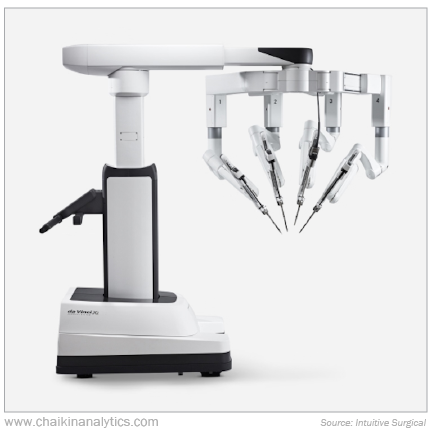# Investors Eye Quantum Computing Amid Market Volatility
E-commerce, cloud computing, artificial intelligence (AI)—what comes next? Many investors predict quantum computing will be the next major breakthrough.
This year, quantum computing stocks have faced challenges as the broader market has declined. IonQ (NYSE: IONQ), a leader in the sector, has seen its share price drop over 30%. Despite this pullback, the stock has tripled in value over the past 12 months. Is now a good time to buy IonQ stock?
Understanding Quantum Computing
Grasping the potential of quantum computing is essential for investors considering IonQ. A brief overview can provide valuable insight.
Quantum computing leverages quantum physics to process data differently than traditional computers. Instead of bits (1s and 0s), quantum computers utilize qubits, which can exist as 1, 0, or both simultaneously—a phenomenon known as superposition. This unique capability allows qubits to hold significantly more information than bits.
Additionally, qubits can be entangled, meaning the state of one qubit can inform the state of another, regardless of distance. This entanglement can enable quantum computers to perform complex calculations much faster than current supercomputers.
Quantum computers have the potential to tackle extremely complex problems, such as breaking existing encryption methods, developing new materials, discovering drugs, improving financial modeling, and optimizing logistics.
Given its commercial potential, the quantum computing landscape is expected to create up to $880 billion in economic value by 2040. By the end of the next decade, the quantum computing hardware and software market could be worth approximately $170 billion.
IonQ’s Competitive Edge
In a landscape buzzing with numerous competitors, IonQ stands out for several reasons.
The company has already launched multiple quantum computing products, beginning with its pioneering Harmony quantum computer in 2019. It followed with Aria in 2021 and made the higher-performing Forte system available commercially in 2023. IonQ is also set to introduce its latest product, Tempo, later this year.
IonQ’s architecture outpaces its rivals using trapped-ion technology. The company’s error correction process is more efficient and scalable. Additionally, IonQ’s intellectual property is well protected, with 176 patents granted and another 341 pending. Its acquisitions of ID Quantique and Qubitekk will increase its total patents to 933.
Strategic partnerships enhance IonQ’s appeal. The company has teamed up with SK Telecom in South Korea and Toyota Tsusho in Japan. Collaborations with General Dynamics aim to apply quantum computing for fraud detection, while work with the U.S. Air Force focuses on developing secure quantum networks. IonQ also partners with Nvidia to create a quantum solution for calculating electronic structures of molecules.
Evaluating IonQ Stock
The question remains: is IonQ stock a worthwhile investment today? Your investment style will influence the answer.
For risk-averse investors, it may be wise to seek alternatives. IonQ is currently unprofitable, with a net loss of nearly $332 million last year. It could take years for quantum computing to realize its full potential, and there’s no guarantee IonQ will be a leading success.
Conversely, aggressive investors with a long-term outlook may find IonQ compelling. This technology could indeed represent the next major advancement. Being an early player, IonQ’s stock may experience notable volatility, but its market cap of around $6.8 billion could prove to be significantly undervalued by decade’s end.
Should You Invest $1,000 in IonQ?
Before deciding to buy IonQ stock, consider this:
The analysis team at the Motley Fool recently spotlighted what they consider the 10 best stocks to buy now—IonQ was not included. The stocks on this list could yield significant returns in the coming years.
Focusing on past performance, when Netflix was recommended in December 2004, an investment of $1,000 would now be worth $611,271! Similarly, an investment in Nvidia back in April 2005 would have grown to $684,068!
It’s essential to recognize that the Stock Advisor program’s average return is 889%, well above the S&P 500’s 162%. Explore the latest top 10 list when you join Stock Advisor.
Keith Speights has no position in any of the stocks mentioned. The Motley Fool has positions in and recommends Nvidia. The Motley Fool has a disclosure policy.
The views and opinions expressed herein are those of the author and do not necessarily reflect those of Nasdaq, Inc.









